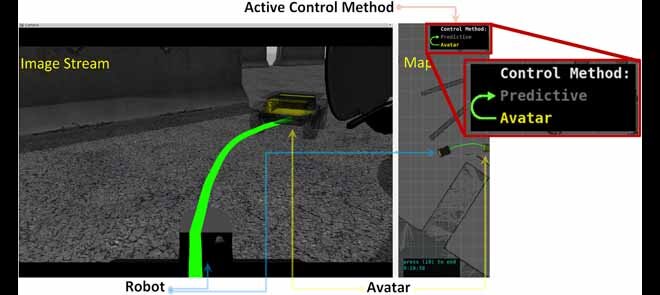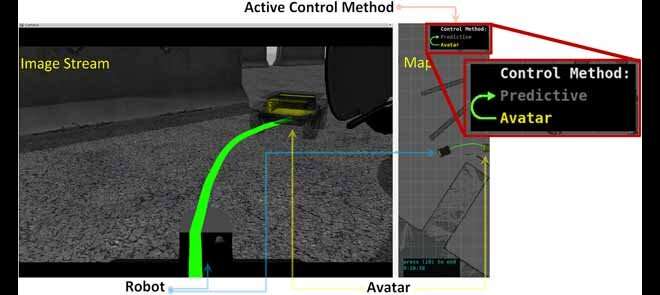

The Institute for Systems and Robotics and the Interactive Technologies Institute, both represented by the Laboratory of Robotics and Engineering Systems (LARSyS), are proud to announce their participation in the upcoming AMADEE-24 mission to Mars. The mission, organized by the Austrian Space Forum (OeWF), aims to advance the development of space exploration through international collaboration and scientific research.
As one of the scientific partners of the OeWF, LARSyS has been contributing to the analog missions to Mars since 2019. The upcoming mission, which will take place in 2024, will simulate the living conditions on Mars, with six analog astronauts living in isolation for a month in a habitat in Armenia. During this time, LARSyS will conduct an experiment called MEROP (Towards a More Effective Remote Operation of Planetary ground robots using multimodal interfaces), which aims to improve the teleoperation of remote rovers and provide astronauts with a toolkit for troubleshooting.
“We are excited to be part of this major international collaborative effort for the development of space exploration,” said researcher Rute Luz. “Our experiment will use a teleoperation interface with several levels of autonomy, and we will use image argumentation to improve teleoperation and compensate for operational challenges like situation awareness or rough terrains.”
The researchers have already conducted experiments to evaluate the proposed interfaces in a realistic virtual environment in which frequent traction losses occur. The results suggest that adding human cognitive skills to planetary exploration through remote teleoperation can lead to more valuable scientific data acquisition. The paper is published in the journal IEEE Access.
The AMADEE-24 mission science definition workshop was held in February, during which the official location and crew for the mission were announced. The Técnico researchers from the MEROP project were also in attendance, and they will be participating in the space simulation mission with their experiment.
The Institute for Systems and Robotics and the Interactive Technologies Institute are thrilled to be part of this significant step towards advancing space exploration and look forward to contributing to the success of the AMADEE-24 mission.
More information:
Rute Luz et al, Enhanced Teleoperation Interfaces for Multi-Second Latency Conditions: System Design and Evaluation, IEEE Access (2023). DOI: 10.1109/ACCESS.2023.3240307
Provided by
Interactive Technologies Institute
Citation:
Improving remote operation of planetary ground robots during upcoming Mars analog mission (2023, March 24)
retrieved 24 March 2023
from https://phys.org/news/2023-03-remote-planetary-ground-robots-upcoming.html
This document is subject to copyright. Apart from any fair dealing for the purpose of private study or research, no
part may be reproduced without the written permission. The content is provided for information purposes only.

